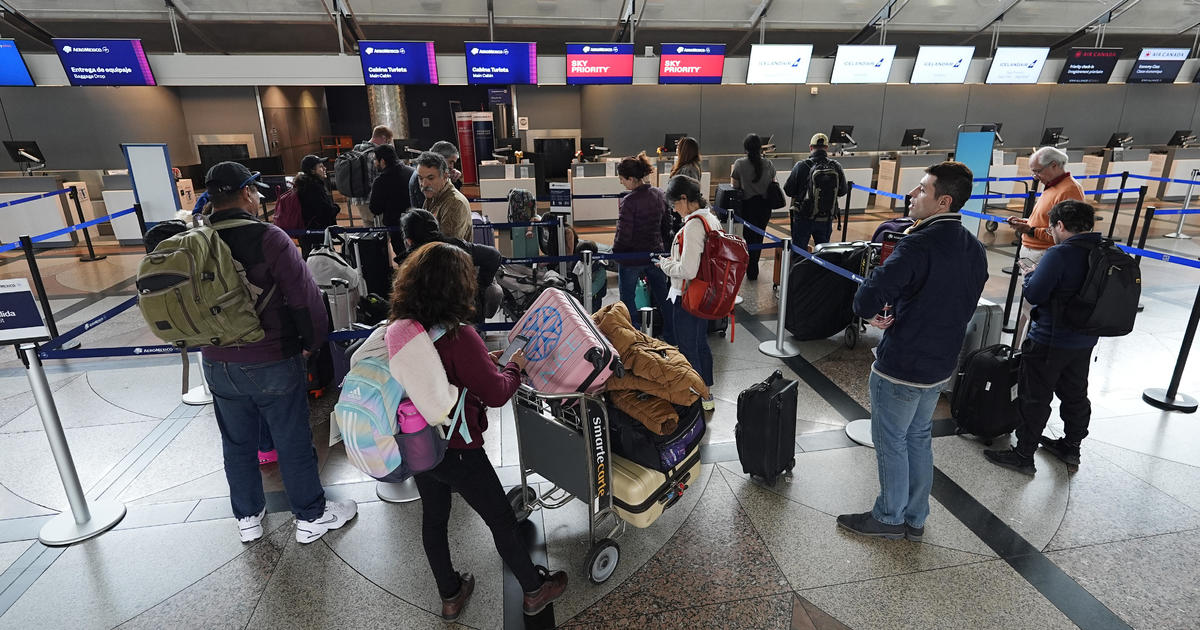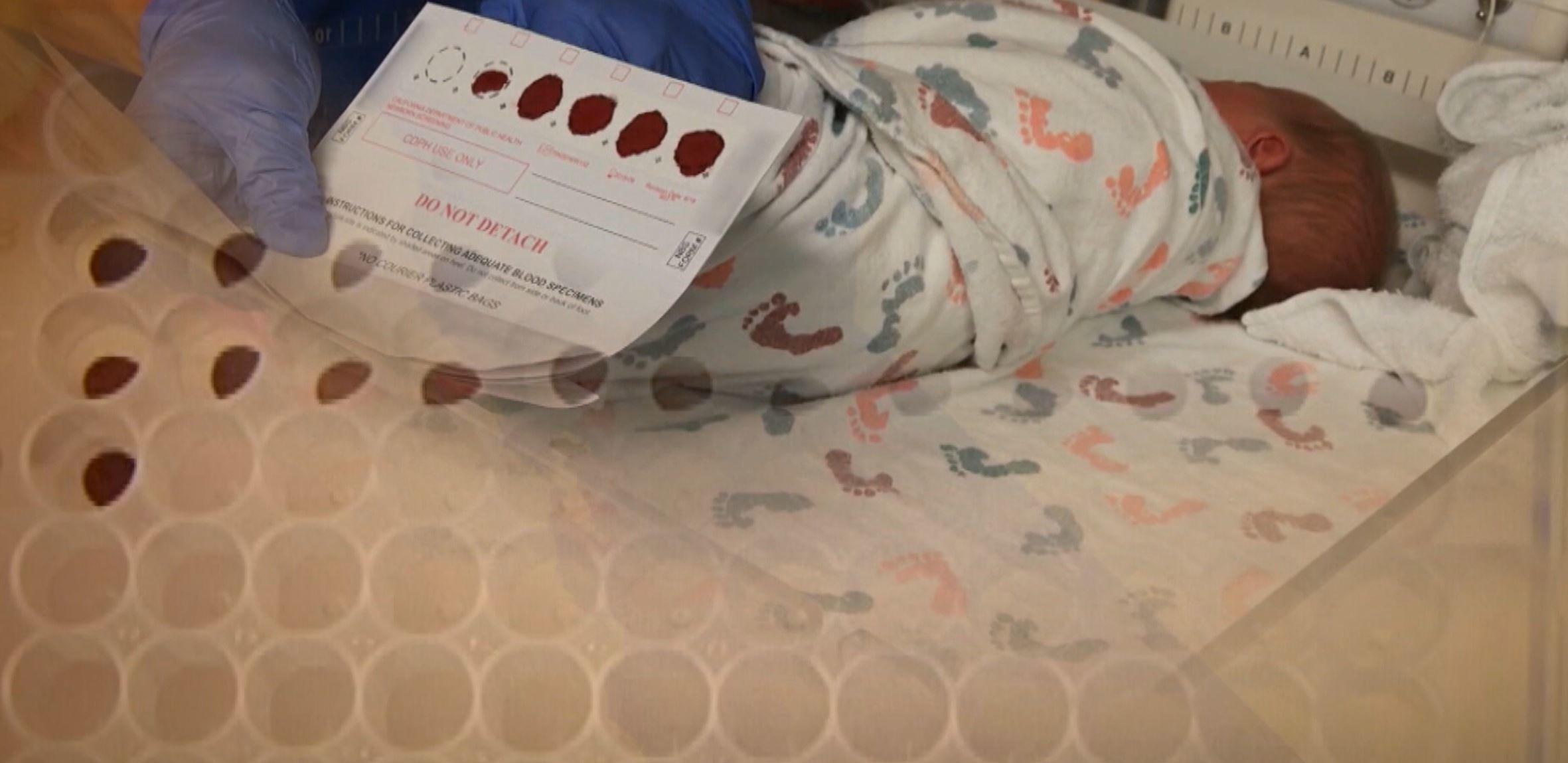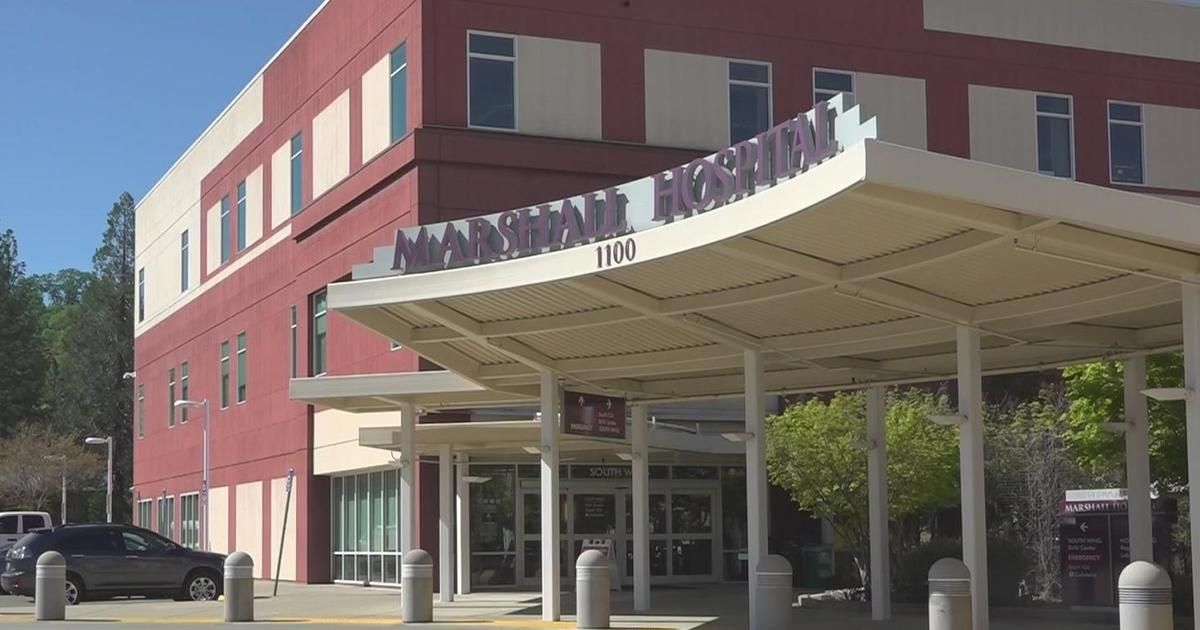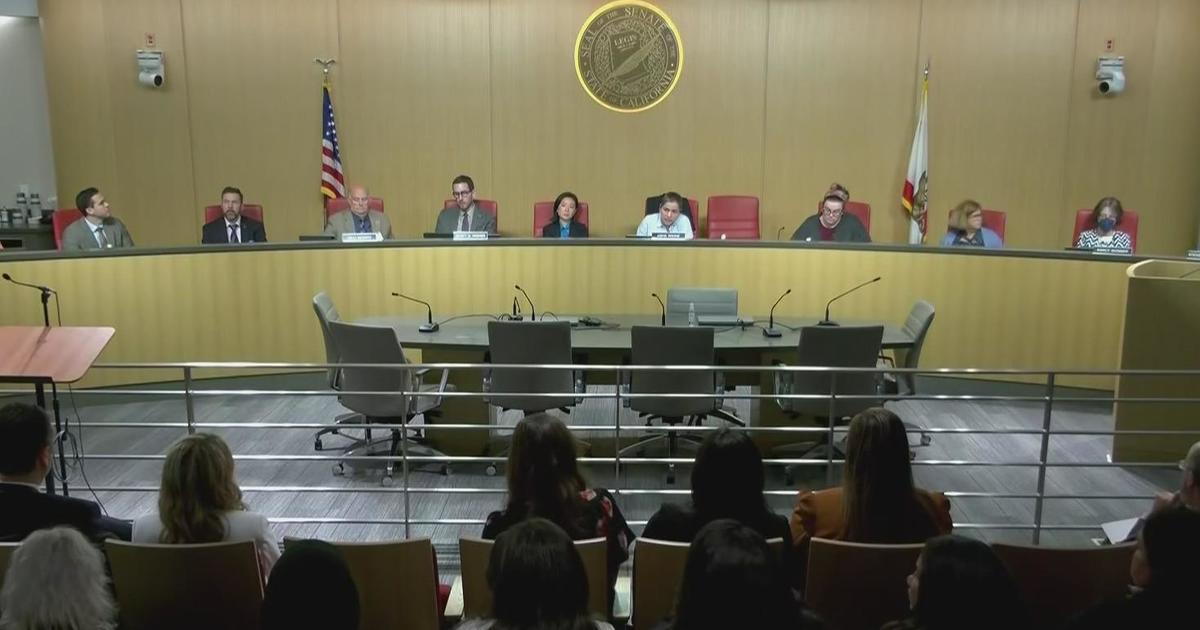California Health Advocates Rip Republican Obamacare Alternative
SACRAMENTO, Calif. (AP) - California health care advocates on Tuesday blasted a Republican plan to replace President Barack Obama's health care law, warning it would it would have an especially tough impact in the nation's largest state.
As Gov. Jerry Brown's administration and officials in the state Legislature rushed to analyze the GOP legislation for its effects on California, advocacy groups said the legislation would likely mean some people lose health coverage while others face higher costs.
"California has the most to lose because we had the greatest expansion of coverage under the Affordable Care Act," Anthony Wright, executive director of the Sacramento-based advocacy group Health Access, said on a conference call with reporters.
California embraced Obama's 2010 health law and held itself up as a national model for how it could be implemented effectively. More than 1 million people bought coverage through a new health insurance marketplace, Covered California, while nearly 4 million more joined Medicaid, a health plan for the poor jointly funded by the state and federal governments and known in California as Medi-Cal. As a result, the state's uninsured rate dropped from 17.2 percent in 2013, before the law fully took effect, to 7.4 percent in 2016.
President Donald Trump and Republicans in Congress say the law, which they call "Obamacare," forced people who don't get health insurance from an employer to buy coverage with high monthly premiums and deductibles.
"We're going to do something that's great, and I'm proud to support the replacement plan released by the House of Representatives," Trump declared at the White House.
The GOP bill would change the way subsidies are offered for people who buy their own health care. Some people with lower incomes would see smaller subsidies, while some middle-income customers would get more support.
Rather than charging an additional tax for people who go without coverage, the plan seeks to encourage people to be covered by allowing insurance companies to impose a 30 percent penalty if coverage lapses for more than 63 days. Those changes will make it harder for lower-income people to afford coverage and will likely discourage healthy people from buying coverage, driving up prices, Wright said.
The bill would also cap the expansion of Medicaid in 2020 and change the way the program is funded. Instead of a guaranteed payment for the services provided, the federal government would offer states a set amount per person.
Brown said he wants to know more before he weighs in. The Congressional Budget Office has not released its nonpartisan analysis of the legislation's costs and effects.
"We want to know who is getting covered, what's behind the curtain," Brown told reporters while visiting a jail in Modesto. "This thing, it's been in secret, and now it's up to the analysts, the Congress, and the press to expose the full details and then you'll get a comment from me about how good or how bad it is."
The Democratic governor sent a letter in January to U.S. House Majority Leader Kevin McCarthy, R-Bakersfield, imploring him not to enact legislation that requires more people to seek basic health care in emergency rooms or that shifts costs to the states.
Liberal health care advocates have aggressively targeted McCarthy, the No. 2 Republican in the House, and other Republican lawmakers from the Central Valley. As many as half of the residents of some districts get health coverage through Medi-Cal.
Lizelda Lopez, a spokeswoman for Covered California, said the agency is still studying the legislation and would not comment. The nonpartisan legislative analyst's office also was studying it.
Copyright 2017 The Associated Press.



